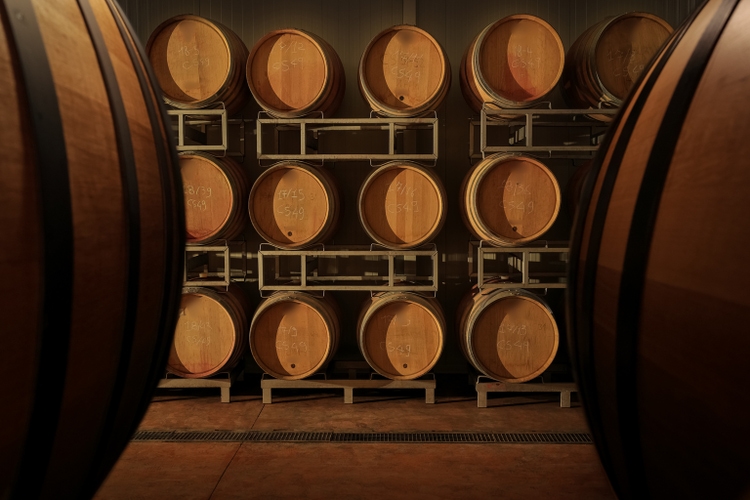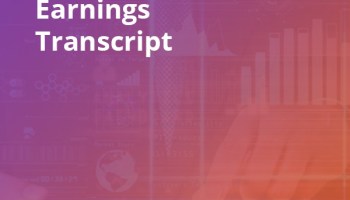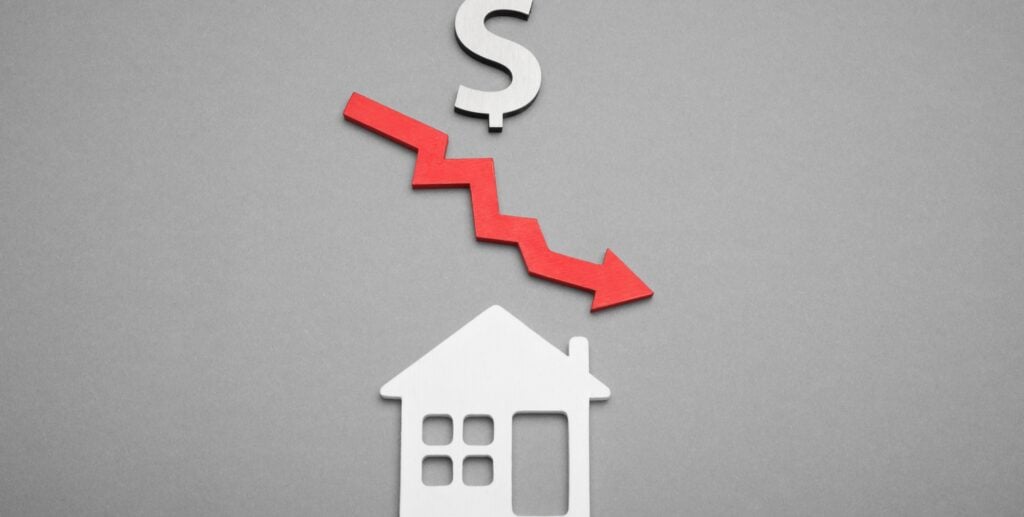Nolan the robot is very clever at weaving his way through homeless encampments. He doesn’t stop for crime scenes; just keeps trundling along regardless.
Nolan is a bot on a mission: to deliver $24 pad thai and crispy arepas to well-heeled residents of Los Angeles. He is completing this mission on behalf of Uber Eats. The misery he passes on the way isn’t of much concern.
I met Nolan last week on the streets of West Hollywood, and watched him waddle along the pavement past some of the roughly 42,000 homeless who live on the streets of LA.
His little quest seemed to me to encapsulate what has gone wrong with Silicon Valley and the utopian future it has promised us for decades. In the US region that is busy shaping our futures and using technology to — as we are so often told — upgrade the human condition, robots are powering straight past desperate humans to ensure the prompt and frictionless delivery of overpriced poké bowls.
It is a frightening vision.
As Silicon Valley propels us towards the promise of yet another golden future, this one driven by robots like Nolan, it’s worth taking a moment to wonder what this astonishing, decades-long wave of enterprise has actually delivered.
What did Silicon Valley build?

All that dynamism and ambition; all those billions and trillions of investment hoovered up; all that effort by all those titans of industry and design — what do we really have to show for it? Laptops and smartphones, yes. Social media and a galaxy of apps. A world connected like never before.
But where’s our supersonic air travel? Driverless cars? Hyper-fast city trams? Next-generation nuclear technology? Where’s my damn jetpack?
What we’ve really seen from this modern-day gold rush is extraordinary innovation along a narrow digital path mostly focused on optimising the consumer experience and fine-tuning the advertising industry.
If you want to order food in an instant, summon a taxi in minutes, rent a room in a foreign city, watch a dazzling array of porn or have generic retail goods delivered to your home within 24 hours, then you can thank the tech gods for their bounty. Amazon, Uber and Deliveroo have all made it easier to buy products that already existed. Apple has made it easier to buy those products instantly from your gorgeous device. Google and Facebook have made it easier to chase us around the internet advertising those products.

It’s a heck of a sales machine, but beyond that?
Perhaps this all sounds a bit “what have the Romans ever done for us?” There are positive aspects to all these inventions: extraordinary convenience, ease of communication, increased safety — we all hugely appreciated Amazon during the pandemic.
And there are exceptions to the rule: say what you like about Elon Musk’s feral tweets, but the man is undeniably dynamic. One reason people have so much enduring respect for his achievements in business is that by building electric cars and putting rockets into space, he bucks the trend of stagnation.
But overall, in terms of transforming human society for the better, despite all the razzle-dazzle and hockey-stick growth, the age of Silicon Valley has been a bit of a dud. We might have been better off investing all that time and money elsewhere.
Peter Thiel, one of the more visionary tech investors, has been raising the problem of technological stagnation for a while.
“We wanted flying cars; instead we got 140 characters,” is how he often summarizes his disappointment, lamenting the fact that the bulk of our effort has gone into the world of digital bits, not machines.
We like our whizzy gadgets and rapid delivery services: they certainly make life comfortable, but they also distract us from the fact that we’ve made so little technological progress out in the real world.
For example, Thiel points out, air travel has hardly improved in decades. In fact, with the demise of Concorde, we now have less access to high-speed air travel than we did 30 years ago. We are still using nuclear reactors designed by our grandparents. Few of our best and brightest are doing much about this, because they’re all coining it by designing payment apps and Snapchat algorithms.
Being of a libertarian bent (and a Trump supporter to boot), Thiel puts much of the stagnation down to overregulation and red tape, which has obstructed innovation outside IT.
The economist Tyler Cowen has argued that tech companies were too easily tempted by low-hanging fruit, instead of shooting for the moon. Cowen first made that argument over a decade ago, and subsequent developments have proved him right.

It’s difficult not to feel frustrated with Silicon Valley’s shortcomings when you walk the streets of San Francisco, cradle of the tech industry and still home to many of its moguls.
A fair chunk of the city’s downtown area now resembles a kind of Boschian abyss, centered on the Tenderloin district but radiating outwards. The streets are strewn with needles and the stench of human waste. Fentanyl-addled homeless people walk around in a zombified daze. Whole Foods had to shut one of its city outlets recently because the staff felt so unsafe.
There are many reasons for San Francisco’s sharp decline. California is a one-party state, which means that hard-left Democrats have deployed counterproductive policies on homelessness and drugs. A pandemic-inspired yuppie exodus from the city to the absurdly pleasant lowlands of Marin County hasn’t exactly helped either.

Nonetheless, there’s something quite unsettling about the radical inequality now found in the Bay Area, particularly when the beneficiaries — the tech elites — have delivered such thin results.
America has always created huge winners and losers in its white-knuckle quest for enrichment. But in the previous American gilded age, robber barons would at least be men whose factories welded steel and whose workers built railroads.
The tech brahmins of Marin, on the other hand, have mostly created selfie apps and co-working spaces. Or perhaps they’ve just invested in other people who have created selfie apps and co-working spaces.
I don’t begrudge the brahmins their exquisite pinot noirs or $30-million mansions or sweeping views over the Golden Gate Bridge. But as they rev up to sell us yet another utopian vision of the future, this one run by Nolan and friends, I can’t help but think of what has happened to their home town.
I can’t help but recall the man I saw last week walking through downtown San Francisco, his bum hanging out of his trousers, skin ravaged by addiction, eyes glazed over in confusion, and wonder if our future is in the wrong hands.
The Sunday Times / News Licensing.















